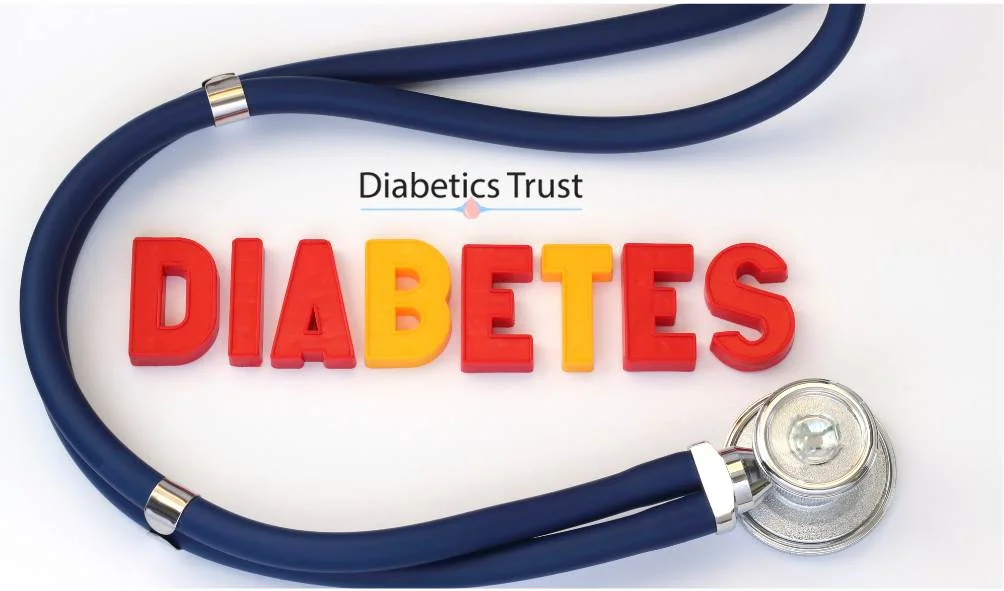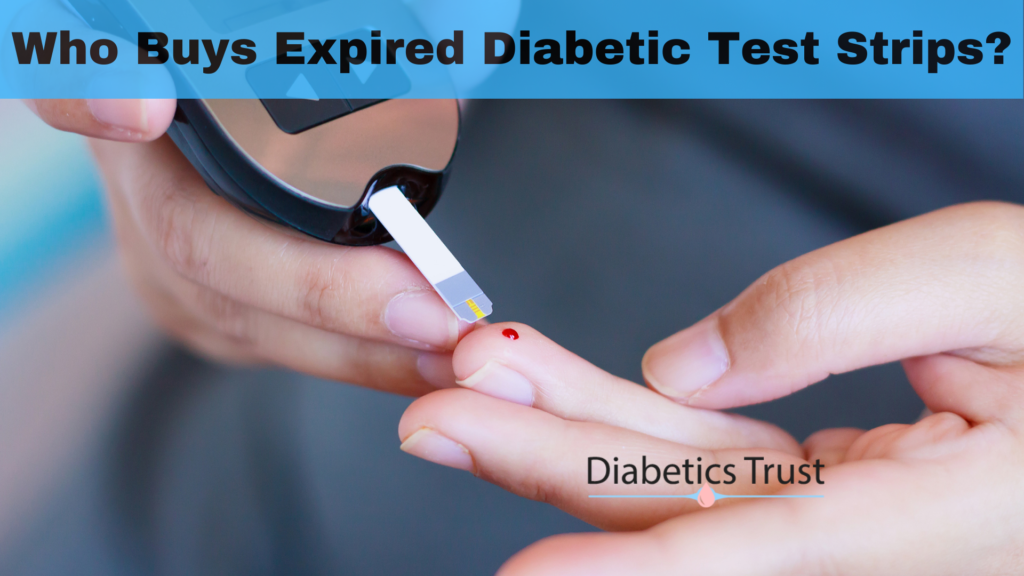At its core, diabetes is a health condition that affects how your body turns food into energy. It comes in several forms, including type 1, type 2, and gestational diabetes. Each type impacts the body differently and may exhibit varying symptoms.
Early Warning Signs
The onset of diabetes might manifest as subtle changes in your body. Common early symptoms include increased thirst, frequent urination, unexplained weight loss, extreme fatigue, blurred vision, and frequent infections.
Recognizing these symptoms can lead to timely diagnosis and treatment.
Symptoms in Different Age Groups
Recognizing diabetes also requires understanding that symptoms can vary across different age groups. Children might experience bedwetting, while adults could grapple with fatigue and blurred vision.
Seniors might present symptoms such as confusion and incontinence. Each age group has unique manifestations, making vigilance crucial across all ages.
Symptoms Specific to Type 1 and Type 2 Diabetes
Type 1 and type 2 diabetes, while sharing some common symptoms, also have distinct signs.
Type 1 diabetes, often diagnosed in children and young adults, can result in rapid weight loss.
Type 2 diabetes, on the other hand, may show signs like slow-healing sores and areas of darkened skin.

Long-Term Indicators
If left untreated or poorly managed, diabetes can lead to long-term health complications. Slow-healing wounds, frequent infections, and numbness or tingling in the feet can indicate a need for improved diabetes management.
The Role of Regular Check-ups and Tests
Regular medical check-ups and tests play a pivotal role in detecting diabetes. Diagnostic tests like the A1C, Fasting Plasma Glucose, and Oral Glucose Tolerance Test can help identify diabetes or prediabetes stages.
When to Consult a Doctor
When you or your loved ones start showing signs of diabetes, it’s crucial to consult a healthcare professional promptly. Early diagnosis enables early intervention, often leading to better health outcomes.
Conclusion
Recognizing the signs of diabetes is the first step toward successful management. Whether it’s spotting early signs or understanding long-term indicators, awareness can change the course of this chronic health condition.
Stepping Forward
If you or someone you know shows signs of diabetes, don’t delay seeking medical advice. Remember, early detection is your strongest weapon against this silent intruder.





